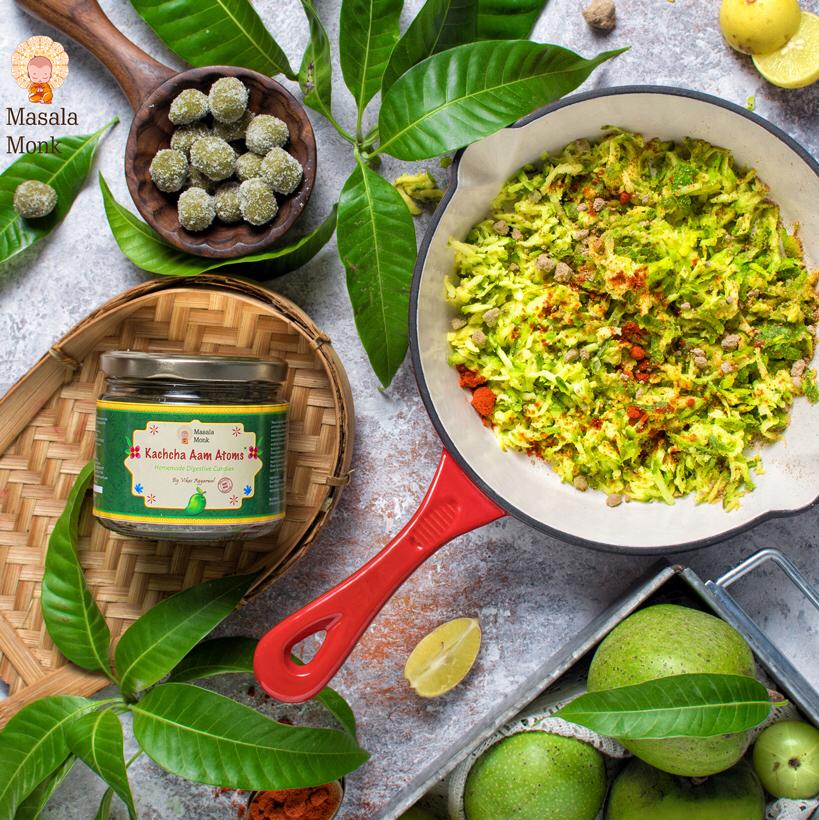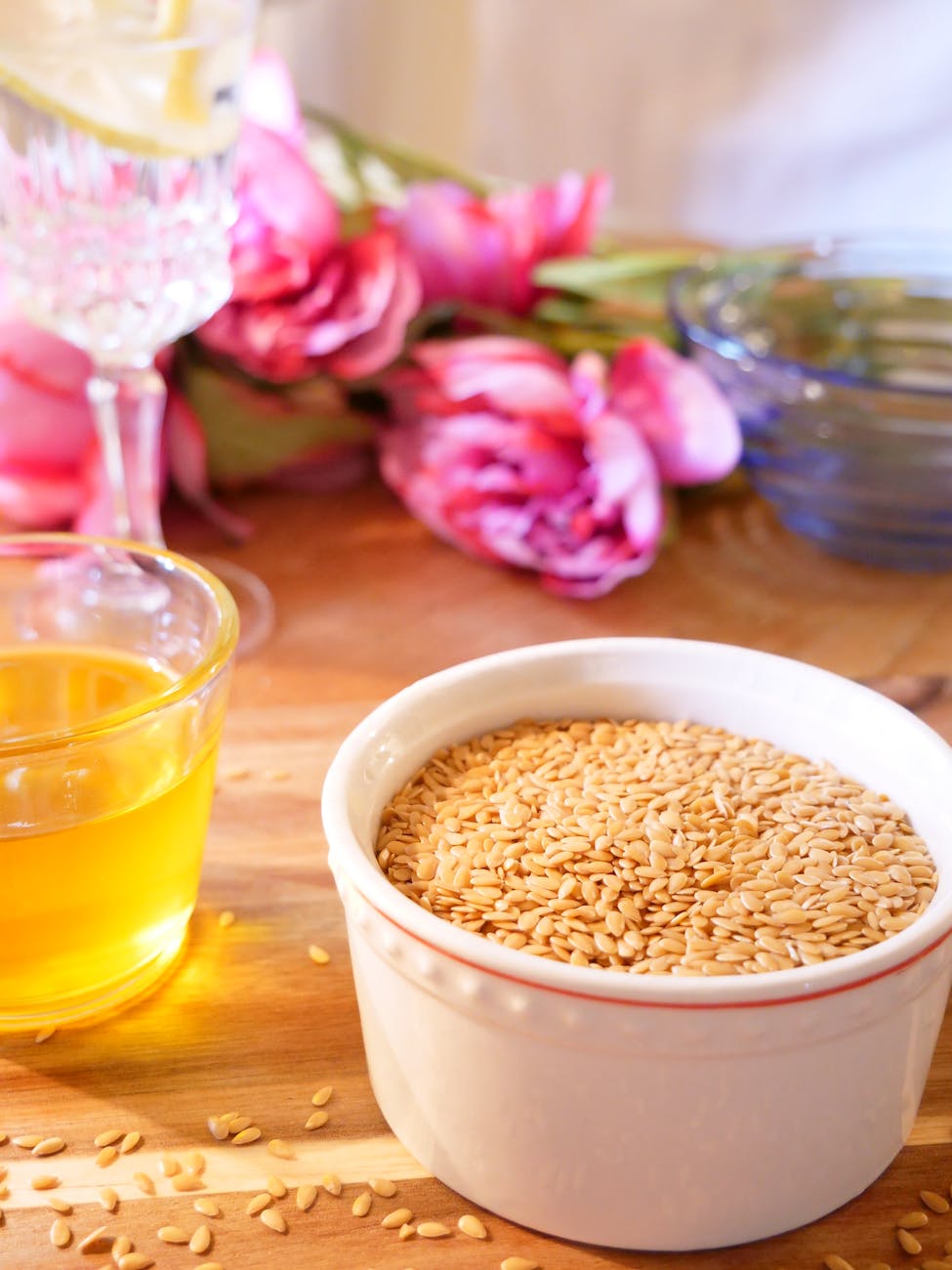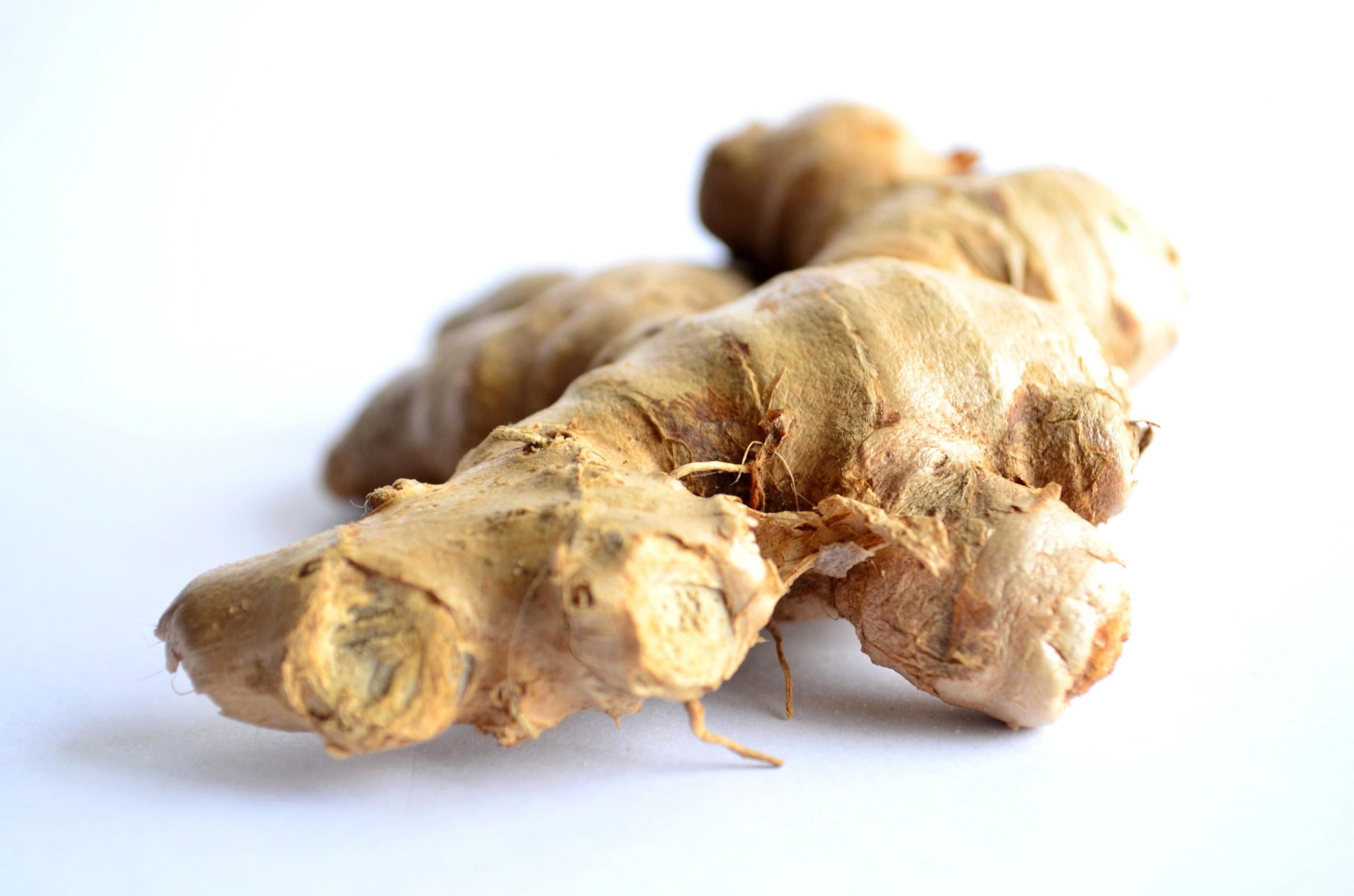
When it comes to weight loss, incorporating mangoes 🌱🥭 into your diet can be a smart and delicious choice. This tropical fruit not only satisfies your taste buds but also provides a range of nutritional benefits that can support your weight loss goals. Let’s explore in more detail how mangoes can aid in weight loss, diving into their nutritional composition, unique properties, and effective ways to include them in your weight loss regimen. Get ready to embrace the tropical sweetness of mangoes while working towards a healthier you! 🌴🥭🏋️♂️
🌿 Fiber-Rich and Low in Calories: Mangoes are rich in dietary fiber, which is an essential component of a weight loss diet. Fiber adds bulk to your meals, promoting a feeling of fullness and reducing overall calorie intake. By including mangoes in your diet, you can increase your fiber intake and enhance satiety, which can help control hunger and prevent overeating. The fiber in mangoes also aids digestion and supports a healthy gut microbiome, which is essential for efficient weight management.
🍉 Hydration and Satiety: Mangoes have a high water content, contributing to their hydrating properties. Staying properly hydrated is crucial for weight loss as it supports optimal metabolism, aids in digestion, and helps regulate appetite. The combination of fiber and water in mangoes helps keep you hydrated and promotes a feeling of fullness, reducing the likelihood of reaching for calorie-dense snacks or overeating during meals.
🌱 Nutrient Density and Vitamins: Mangoes are not only delicious but also nutrient-dense, providing an array of essential vitamins and minerals. They are an excellent source of vitamin C, an antioxidant that supports immune function, promotes collagen synthesis, and helps the body absorb iron. Mangoes also contain vitamin A, which is essential for healthy vision, immune function, and cell growth. Additionally, they provide significant amounts of vitamins E, K, and several B vitamins, all of which play crucial roles in energy metabolism, brain function, and overall well-being. By incorporating mangoes into your weight loss journey, you’re not only nourishing your body with essential nutrients but also supporting overall health.
💪 Antioxidant Powerhouse: Mangoes are packed with antioxidants that help protect the body against oxidative stress and cellular damage caused by harmful free radicals. The vibrant color of mangoes comes from their high content of carotenoids, such as beta-carotene, which provides numerous health benefits. Antioxidants play a crucial role in reducing inflammation, supporting heart health, and preventing chronic diseases. By consuming mangoes, you’re boosting your antioxidant intake and supporting your body’s natural defense mechanisms.
🍽️ Incorporating Mangoes into Your Weight Loss Regimen: To make the most of mangoes for weight loss, here are some practical tips on how to include them in your daily routine:
- Enjoy them as a healthy snack: Slice up fresh mangoes and savor them as a satisfying and nutritious snack. The natural sweetness and fiber content will help satisfy your sweet tooth and keep you feeling full between meals.
- Add them to salads and bowls: Chop up mangoes and incorporate them into your salads, grain bowls, or fruit salads. They add a burst of tropical flavor, natural sweetness, and vibrant color to your dishes.
- Blend them into smoothies: Create delicious and nutrient-packed smoothies by blending mangoes with other fruits, leafy greens, protein sources (like Greek yogurt or plant-based protein powder), and a liquid of your choice. This makes for a refreshing and filling meal or snack option.
- Use them in homemade sauces and salsas: Mangoes can add a unique twist to homemade sauces, salsas, or dressings. Their sweet and tangy flavor pairs well with spicy or savory ingredients, creating a delightful balance of flavors.
🌴🥭🏋️♂️ Remember, weight loss is a gradual process that requires a combination of healthy eating, regular physical activity, and a sustainable lifestyle. While mangoes can be a beneficial addition to your weight loss journey, it’s important to practice portion control and balance them with other nutritious foods. Consult with a healthcare professional or registered dietitian for personalized guidance tailored to your specific needs and goals.













